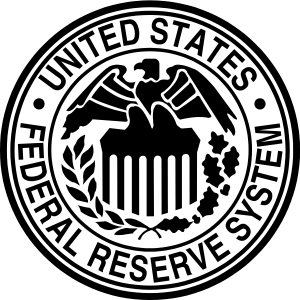
 Keep your eye on this one.
Keep your eye on this one.
In the fall of 2013, the Federal Reserve Banks launched a study of the US payments system. The study has three targets: first, a faster payment system; second, a more secure payment system; and third, an analysis of the business case to adopt the ISO 20022 payment standard.
The Federal Reserve Banks’ study began with the September 2013 release of a paper titled “Payment System Improvement – Public Consultation Paper.” That paper initiated a study based on the proposition that the remarkable rate of new technology and processes in US payment systems is “driven mostly by market forces rather than government direction,” but that government, and especially the Federal Reserve Banks, can have the salutary role of “bringing the [payments] industry together to foster coordination and… drive payment system improvement.”
The Federal Reserve Banks called for comment from all stakeholders, and the level of response was substantial. The highlight of the comment process came in June 2014, with a series of Federal Reserve Bank/industry forums, held at six “town hall” meetings at various locations across the country. Some 200 detailed written comments were received. The slide deck used at those meetings, and the full text of all 200 written comments received, are available here.
The town hall meeting slide deck shows the detail, depth and sophistication of the project research. The presentation holds the desired outcome to be “ubiquitous, faster electronic solutions” for both business and personal payments, with the Federal Reserve providing a “flexible and cost-effective means for private sector arrangements to settle their positions rapidly and with finality.” The project is reviewing both the legacy systems (ACH, check, funds transfer, credit cards and debit cards) and the emerging methods (mobile wallets, money transfer solutions, reloadable cards and virtual currencies).
The challenges of safe, fast, efficient cross-border payments are being examined. And the project was mindful of “learnings” from payment systems around the world, including the UK’s Faster Payment Service, the Canadian Payments Association, Poland’s Express ELIXIR, Singapore’s G3, and the EU’s Single Euro Payments Area.
ISO 20022 is one of the three main inquiry areas of the project. At the June 2014 town hall meetings, the interim assessment on ISO 20022 included the fact that, in the US, there is a general “lack of understanding” of the standard, coupled with a demand for its implementation coming from large banks and corporate payments systems users. The tentative conclusion is that there is a strategic, even if not strictly cost-effective, grounds for implementation of the standard.
One idea under discussion is the creation of a permanent US Payments Advisory Council, to provide industry direction, in collaboration with governmental entities, on payment system evolution.
Recently, the Federal Reserve Banks have announced the “Final Phase” of the research process. Comments are still be accepted, and interested parties are encouraged by the sponsor to submit their views.